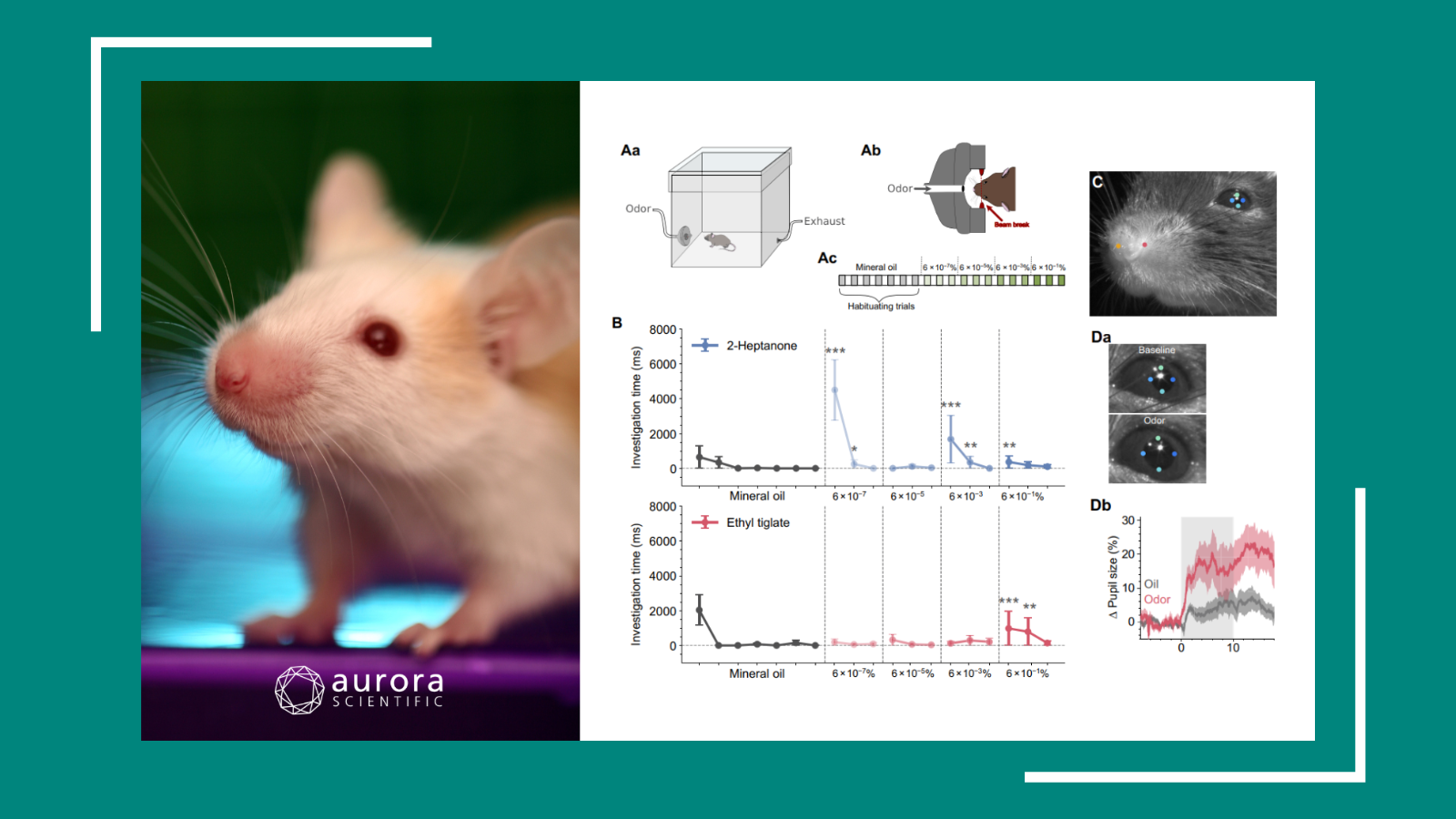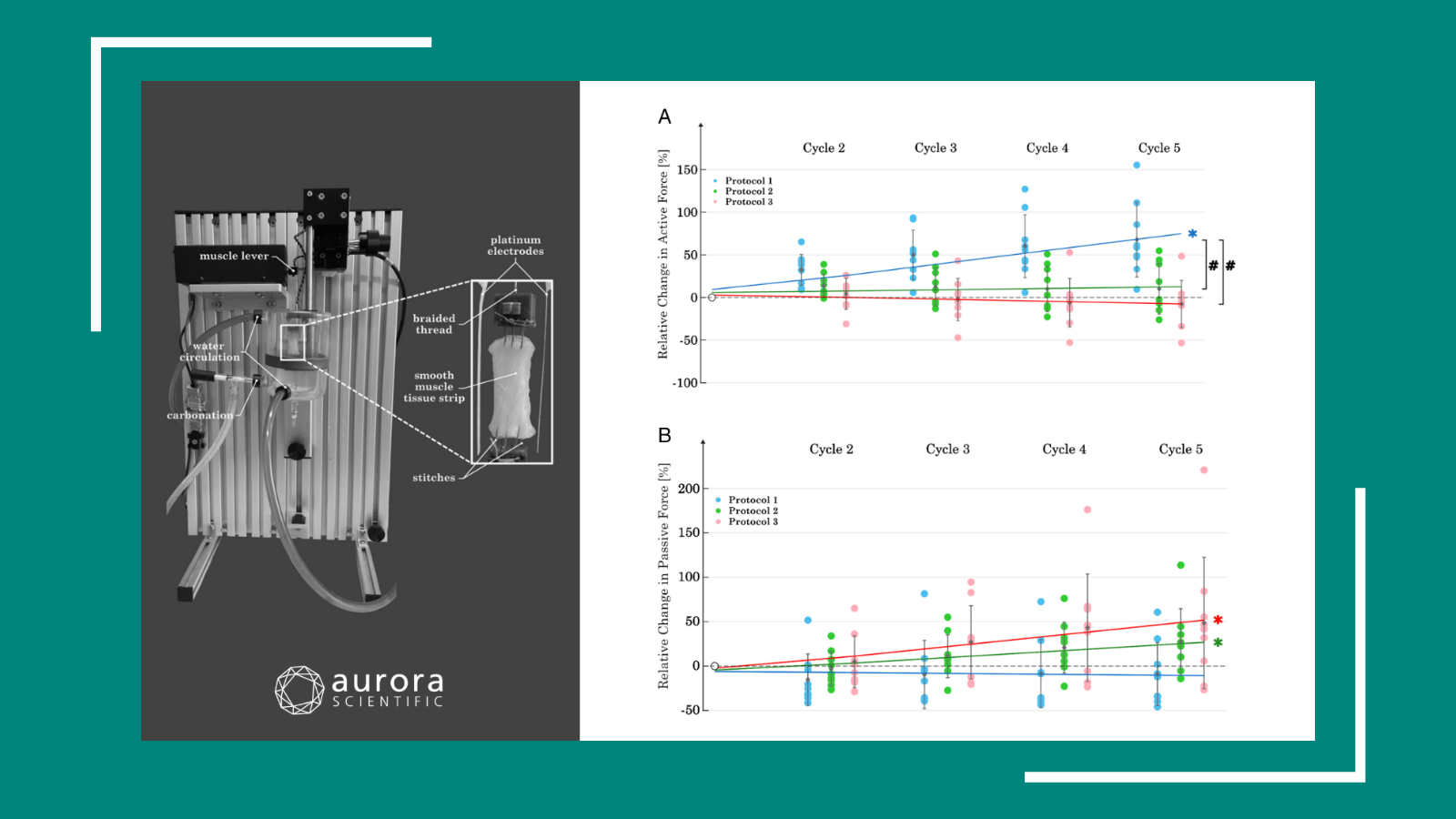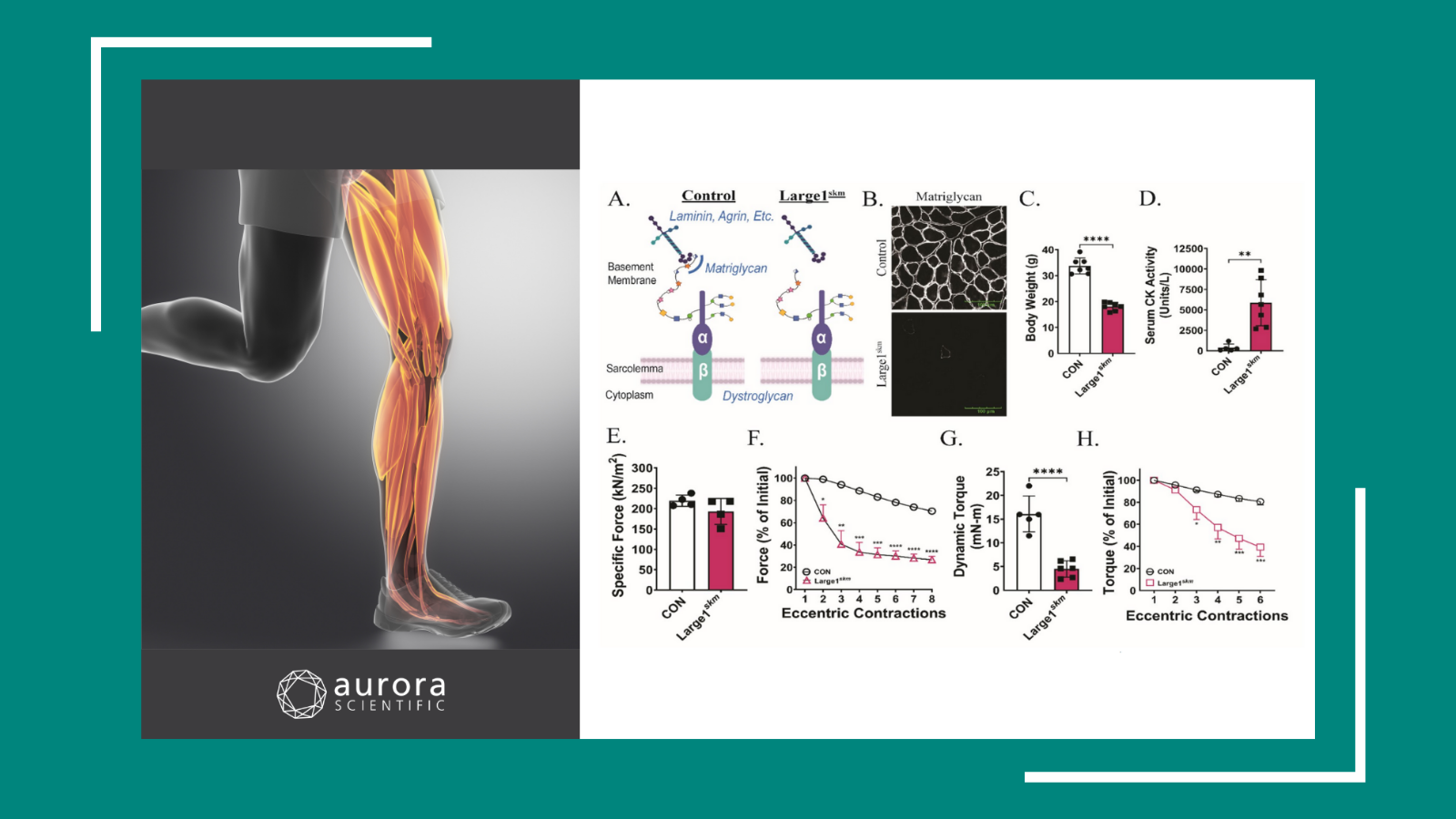Cells are constantly experiencing mechanical forces, whether from the external environment, cells around them, or internal physiological changes. These forces can trigger a change in the structure of a cell, which can influence its function. Mechanical force stimulation on a cell membrane can regulate the growth, differentiation, and intercellular signaling of cells, providing important guidance for tissue engineering and regenerative medicine. It is also important for understanding how cells interact with each other, especially in an adaptive immune response activation. Controllable force stimulation and cell extrusion are demonstrated to have profound effects on transmembrane transport by producing transient disruptions on the membrane, which can be used for drug targeting and gene engineering. This publication review will highlight two articles that use cell deformation to study the effects of membrane stimulation on cellular function.
Influence of external forces on actin-dependent T cell protrusions during immune synapse formation
In this study, Zucchetti et al. (2021) quantitatively characterized the effects of external forces on the dynamics of activated T cell protrusions. Using a micropipette force probe and standard microindenter calibrated with our 406A force transducer, they applied controlled forces on activated primary T lymphocytes and measured the effects of these forces on the protrusion generated. They found that the application of compressive forces slightly decreased the length and velocity of the protrusion formation, whereas pulling forces strongly increased these parameters. These results suggest that the formation of the force-generating protrusion by T cells is sensitive to external forces. This study shows that forces experienced by this protrusion modify the T-cell function, suggesting that they might also modify cellular immune responses. This research is important for understanding the molecular mechanisms involved in the formation of the immune synapse during immune responses, and can elucidate targets for pharmacotherapies in the future.
Controllable Cell Deformation Using Acoustic Streaming for Membrane Permeability Modulation
Hydrodynamic force loading platforms for mechanical cell deformation play an essential role in modern cell permeability studies. Current systems require assistance from specific microstructures, which limits the control and flexibility of cell shape modulation and the resulting membrane permeability changes. Guo et al. (2020) present a novel hydrodynamic force loading platform based on acoustic streaming for cell deformation control and real-time membrane permeability analysis. Using this platform, the effects of the pattern and degree of deformation on membrane permeability can be assessed by studying the resulting membrane reorganization after specific forces are applied. This innovative platform uses acoustic streaming generated from a gigahertz device to provide better control of cell deformation to study membrane permeability to micro- and macromolecules. To characterize streaming with higher acoustic energy, this group detected the streaming force under different applied power excitations using our 405A force transducer. This novel technology presents unique advantages in mechanical cell membrane deformation as it is non-contact and performs exceptionally well in complex liquid environments. Further investigation with these techniques is required, however, this study represents a promising avenue for future study of this technology as a reliable tool for drug therapy delivery and development.



